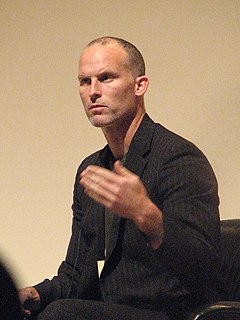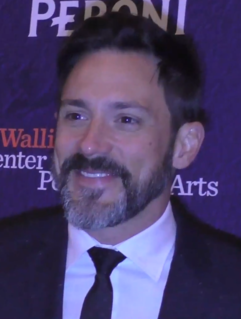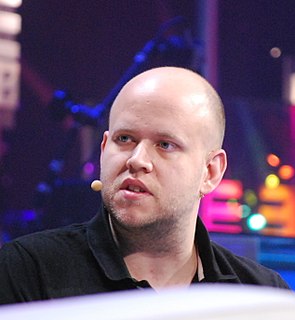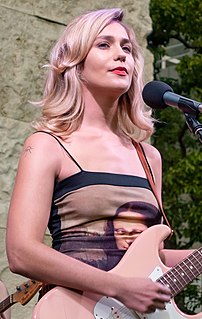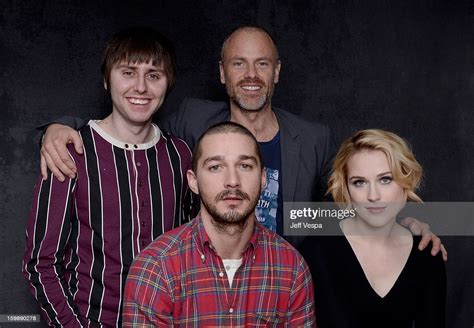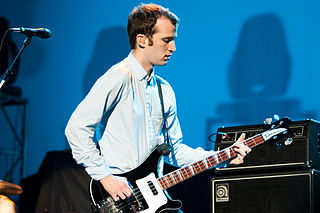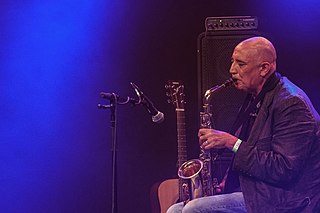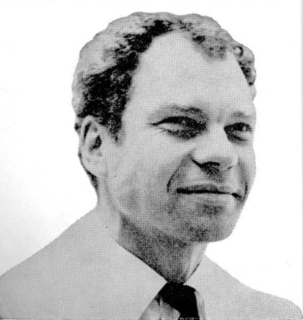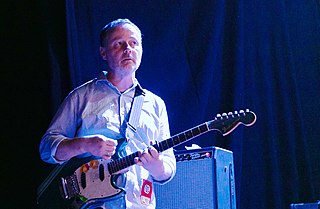A Quote by Matthew Barney
I think what interests me the most is when the two things are developed at the same time, which certainly feels natural for the way of working when there is no dialogue. You sort of depend on the music to be that, especially when there's lyrics in the music.
Related Quotes
For me, music is sort of my passion, more so than being an actor. I just never tried to make a career as a musician. It was just something that I did on my own time, just for me. I had written a lot of songs, but I don't really record a lot of music because, for me, it's the same way as a poet: I write to get things out. It's sort of cathartic.
We kind of look at music as something very natural in people's lives. I mean, most of us can relate to music in some sort of shape and form, and if you think about it, most of us remember the first time we kissed someone, what kind of music was playing or the song that was playing on our friend's birthday.
I guess part of my ambivalence about pursuing music as well as acting is that acting is already one of the most difficult careers to create for yourself, I must be insane to embark on creating two careers in two of the most difficult fields. But I have really different ambitions with music; I just want to stay in love with music. I want it to continue to be a means of expression for me that feels like it's mine, and something that feels community-based.
I like the idea of a kind of eternal music, but I didn't want it to be eternally repetitive, either. I wanted it to be eternally changing. So I developed two ideas in that way. 'Discreet Music' was like that, and 'Music for Airports.' What you hear on the recordings is a little part of one of those processes working itself out.
I could go play some songs for two hours every week - play whatever I wanted to - and then also spend that time putting more music on my computer and getting into more things. It definitely informs the way that I think about music and I think in general, made me a more open-minded consumer of music.
I like traditional music. I listen to a lot of it. There is no particular reason to present these recordings. I love what I do so I find ways to keep doing what I love. Music is certainly not all that interests me. I hear things my own way and I present them. Sound is inspiring and I can be quite obssessive with certain sounds.
In a basic music way, my sense of melody and my style of songwriting and production carry the same thought process into the new music. I'm thinking about machines and electronics, and how they interact with motion, which I've touched upon in the past. Those key themes are my main interests, and they are really the foundation for my approach to music.
Folk music usually has an emphasis on the lyrics and melody. And those lyrics are usually relevant in some way. And it's populist in scope, which is also true of Bad Religion. So it's more meant to draw some parallels between the two. And I think even my voice and my delivery can be thought of as a little bit folky.
The way one behaves and feels as a Dutchman and Dutchwoman is the result of a long development. It is by no means 'the natural way' or 'the human way' of behaving, it is a particular code of behavior which has developed over the years. And these people, the immigrant people, come from a group where different standards of conduct and behavior have developed. What clashes are these two standards of conduct and behavior.
